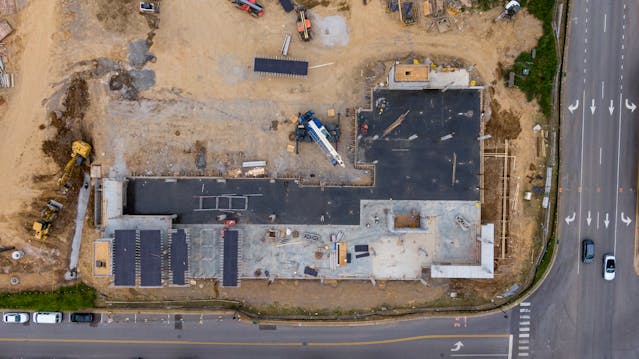

Over the last few years, many areas throughout the United States have had to deal with power outages that last hours, days, sometimes weeks. These outages are due to a variety of reasons, but primarily due to weather. Bad weather can quickly take out power lines and transformers causes the power to go out until power workers can physically come out and repair the damage. When there is wide spread damage, the repair workers start with the most critical areas. Depending on where you live, you may be pretty far down on the priority list.
Some people get frustrated with the power outages feeling that they are happening more often now than they used to. While others may argue this isn?t true, recent data collected from federal resources suggest otherwise. According to the available data, there are 285% more power outages now than there were in 1984.
A growing number of people are buying whole house generators to ensure they are not without electricity. For many, being without electricity is more than the annoyance of not having lights or the refrigerator going down. No electricity could mean no air conditioning when it is dangerously hot outside, or it could mean no heat in the dead of winter. A whole house generator can protect your family during power outages.
For someone not familiar with how generators work, buying a generator that will support your entire house?s needs may feel like a daunting task. Luckily there are generator size calculators that can help you determine the size generator you will need for your home. In determining the generator size, you will need to take into consideration the rated wattage of the appliance and fixtures that you want to operate throughout the power outage. This is up to you, but you want to take into consideration anything you may need for several days.
Generators became very popular in 1999 when people were scared of a possible Y2K bug that was predicted to completely shut down the power grid throughout the United States. While many sold their generators after it was clear the power grid was safe, others kept them to have an emergency generator. Given the massive increase in power outages, this was a good move.
When in stalling whole house generators, it is best to have professional generator installers come in to do it. While it may seem like something that is easy enough to do on your own, you don?t want to discover you made a mistake during a power outage. There are a variety of emergency generator installation requirements that you may not be aware of, but a professional will know already.
If you are using a smaller movable generator just to protect the essentials, it is important to make sure the gas is stabilized in between usage. Leaving gas in the generator for several months can cause serious problems with the generator making it virtually useless during an emergency.
The advantage of whole house generators is that you don’t have to worry about only being able to power a limited number of appliances or lights. You can maintain a relatively normal lifestyle at home until the power is back up. There are certain functions that may be vital to maintain such as your refrigerator and freezer. As long as the refrigerator stays closed, food can last up to four hours without power. However, using a food thermometer is the best way to tell if the food is still safe to eat.
When you are going to look at whole house generators, talk to someone that fully understands generators and what you want to look for. There is unfortunately a lot of misinformation out that can lead you in the wrong direction.


